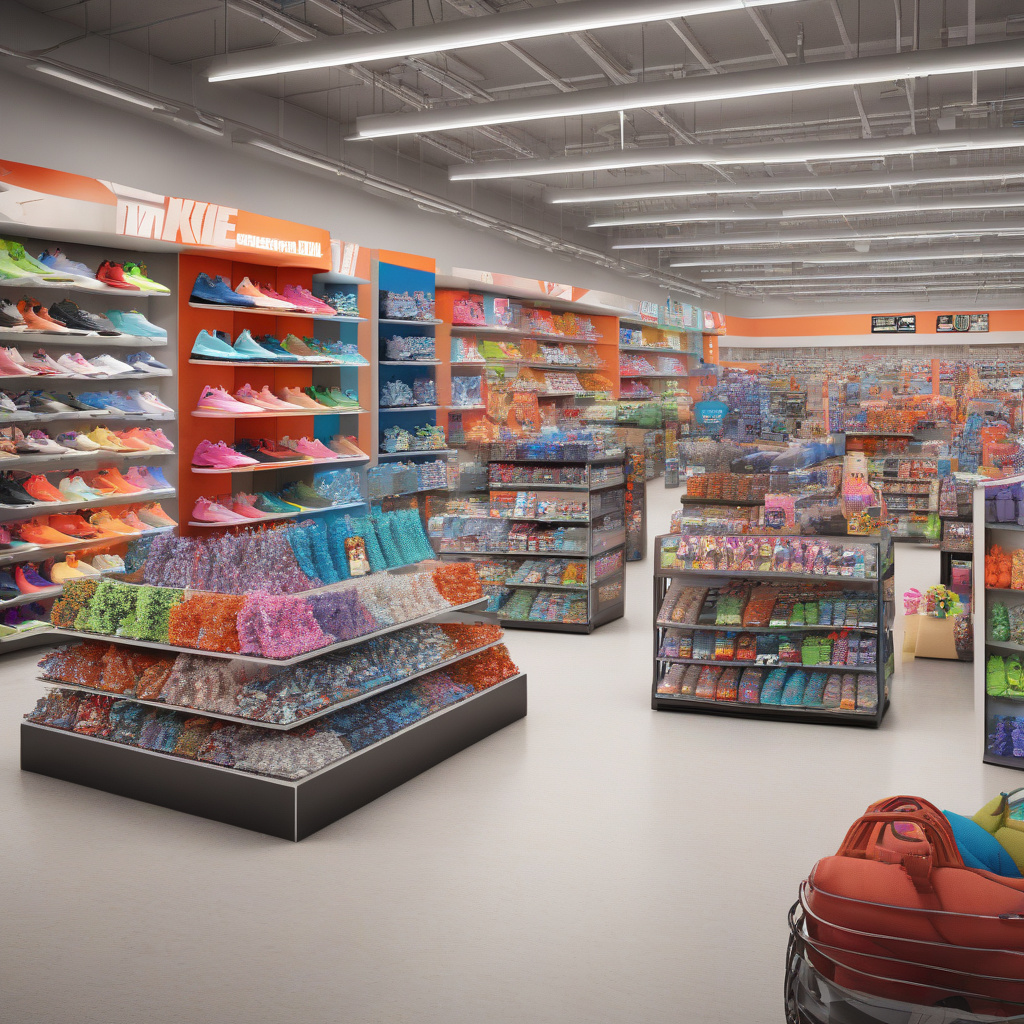How Nike, Five Below, and Other Online Retailers Are Addressing Tariffs
Online and in-store retailers alike are working to include fiscal guidance that, as Five Below CEO Winnie Park put it on a recent earnings call with investors, “reflects as best as we can currently estimate the recently announced tariffs and our mitigation strategies.” President Donald Trump’s various tariffs on both specific countries and resources have significantly impacted the retail industry, leading companies like Nike and Five Below to strategize and adapt to the changing trade landscape.
Nike, a giant in the athletic apparel industry, has been proactive in addressing the challenges posed by tariffs. The company has been diversifying its supply chain, moving some production out of China to other countries like Vietnam and Indonesia. By spreading out its manufacturing operations, Nike aims to reduce its dependence on any single country and mitigate the financial impact of tariffs. This strategic shift not only helps Nike navigate the current tariff situation but also enhances its overall supply chain resilience.
Similarly, Five Below, a popular discount retailer targeting tweens and teens, has been devising strategies to counter the effects of tariffs on its business. By adjusting its pricing and product mix, Five Below aims to minimize the impact of increased costs due to tariffs on imported goods. The company is also exploring opportunities to source products from alternative markets to reduce its exposure to tariff-related risks. Through these measures, Five Below is working to maintain its competitive pricing while ensuring profitability in the face of economic uncertainties.
The approach taken by Nike and Five Below reflects a broader trend among online retailers to adapt to the changing trade environment. Companies across the retail sector are reevaluating their sourcing strategies, supply chain operations, and pricing models to navigate the complexities introduced by tariffs. By staying agile and innovative, retailers can not only survive but also thrive in the midst of economic challenges.
In addition to diversifying supply chains and adjusting pricing strategies, retailers are also investing in technology to enhance their operations. E-commerce platforms, data analytics tools, and automation solutions are being leveraged to improve efficiency, optimize inventory management, and personalize the customer experience. By harnessing the power of technology, retailers can streamline their processes, reduce costs, and drive revenue growth in the face of external pressures such as tariffs.
Furthermore, retailers are focusing on customer communication and transparency to build trust and loyalty. By keeping customers informed about price changes, product availability, and supply chain disruptions related to tariffs, retailers can manage expectations and maintain strong relationships with their audience. Open and honest communication demonstrates a commitment to customer satisfaction and helps differentiate retailers in a competitive market.
In conclusion, the challenges posed by tariffs have prompted online retailers like Nike and Five Below to rethink their business strategies and embrace innovation. By diversifying supply chains, adjusting pricing models, investing in technology, and prioritizing customer communication, retailers can effectively address the impact of tariffs and position themselves for long-term success in a dynamic global marketplace.
#Nike #FiveBelow #OnlineRetailers #Tariffs #EconomicChallenges
